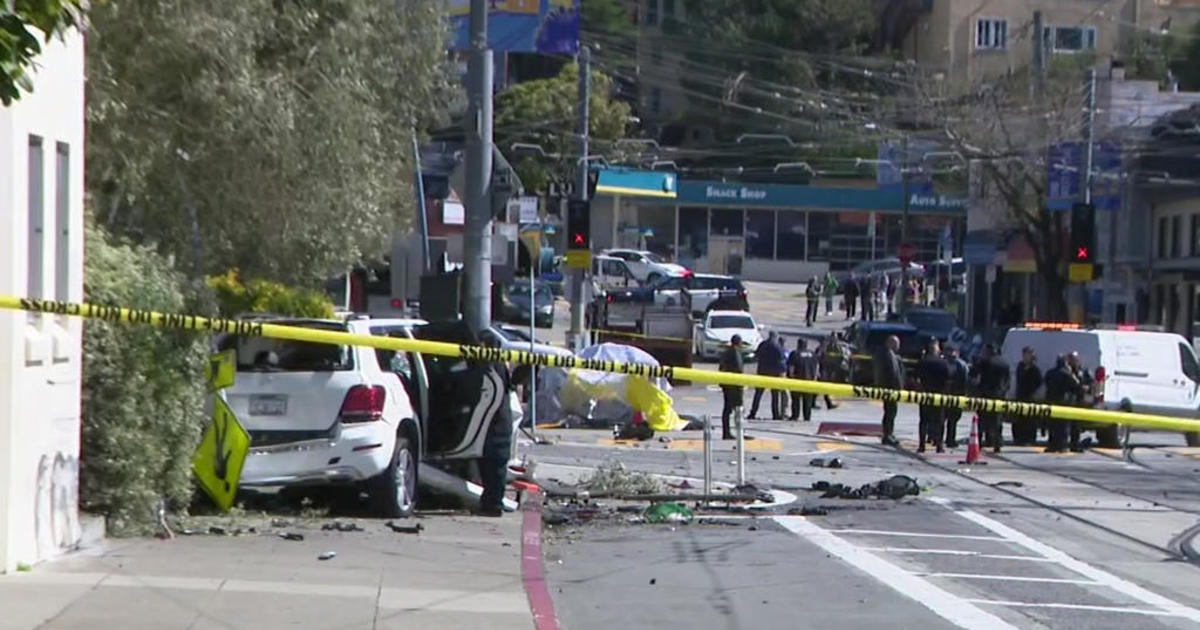San Francisco Muni Set To Extend Fare Transfer Time Limits
SAN FRANCISCO (CBS SF) -- San Francisco Municipal Railway riders will soon have longer times to complete trips before they have to buy a new ticket.
At a regular meeting, the board of directors for Muni's parent organization, the San Francisco Municipal Transportation Agency, approved to extend ticket transfer times to two hours from 90 minutes.
According to the board, the SFMTA had received numerous requests to increase the time limit before tickets expire to two hours, allowing riders to complete round trips for shorter errands.
According to San Francisco Transit Riders, an advocacy group for the city's transit riders, the organization played a pivotal role in increasing transfer times.
"This was a direct request San Francisco Transit Riders asked of the SFMTA as part of the budget process. Cash fares are increasing again, and given that it can sometimes take more than 90 minutes for a one-way trip on Muni, we asked SFMTA to consider adding 30 additional minutes to the transfer to ensure riders can get to their final destination without having to pay twice," SFTR's Executive Director Rachel Hyden said in a statement.
"We are thrilled SFMTA took our request to heart and is making it happen."
"As someone who grew up in San Francisco's Visitacion Valley neighborhood, I had to take several buses to get to work and school," Genesis Garcia, SFTR's Board Director, said in a statement.
"A 90-minute transfer is not enough time when factoring in how long it would take to catch my second bus due to poorly timed connection stops. There have been times I waited over 20 minutes to go across the city, and worried about having my transfer expire. Through this extension, SFMTA is demonstrating that transit riders come first in San Francisco," Garcia said.
The extended transfer times goes into effect on Sept. 1.



